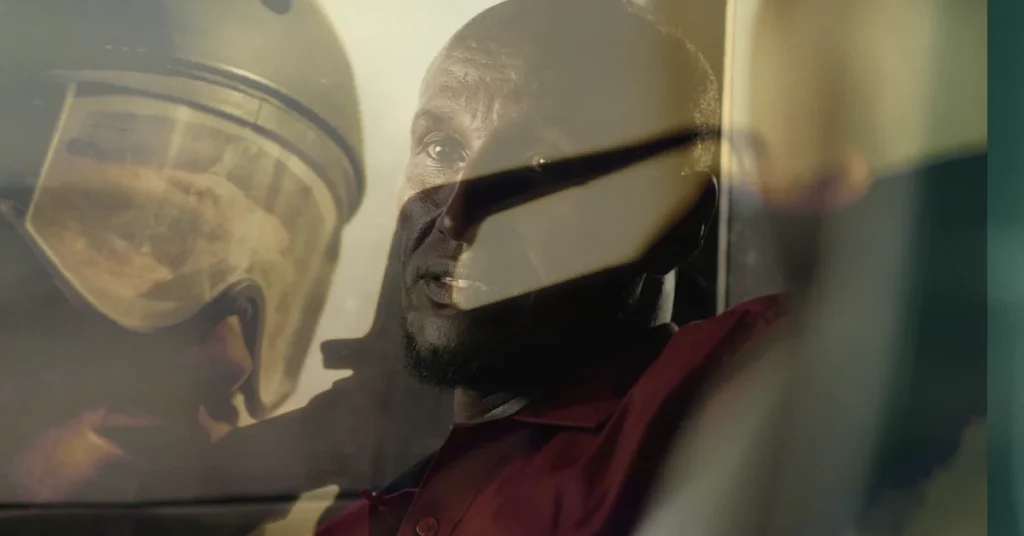Summary
Surviving Black Hawk Down offers a balanced, raw look at the 1993 Mogadishu battle, mixing cinematic reenactments with diverse perspectives, though it somehow manages to drag with three episodes.
After watching Surviving Black Hawk Down, I started to wonder if the United States of America really has the world’s best military, as it claims.
Growing up, I learned of the embarrassing Vietnam War (mainly due to the epic scenes in Forrest Gump), and then I’ve lived, through the media, the calamities of the endless war in Afghanistan, to which their exit, was an absolute disaster in foreign policy and strategy.
Series director Jack Macinnes is likely not making the same point I’m highlighting in his documentary. His work, which documents, in extraordinary detail, the 1993 Battle of Mogadishu between US soldiers and Somalian rebels in Somalia, offers a unique perspective.
The battle, which was initially a military operation to capture or kill a Somalian rebel leader, resulted in the downing of three manned Black Hawk helicopters.
If you are a 90s kid (like me), your familiarity with the documentary is likely linked to Ridley Scott’s Black Hawk Down, a film that dramatized the events of the Battle of Mogadishu. It just so happens that Ridley’s studio is behind this limited series, too (Ridley has loved the documentary scene in recent years, recently executive producing At Witt’s End the Hunt for a Killer).
Surviving Black Hawk Down has a central objective, which, surprisingly, is not propagandized by American narratives. The documentary manages to convey how chaotic and unprecedented the attack on the US army in 1993 by Somalian rebels was. And how the downing of Black Hawks was a humongous shock to the system and a wake-up call to the US Government when carrying out military missions on foreign soil.
If you’re a fan of the 2001 movie, you might not find this Netflix series particularly groundbreaking in terms of drama. However, it does offer a surprisingly cinematic experience for a documentary, with most of each episode’s running time featuring supporting dramatized action scenes that will keep you engaged and entertained.
The strength of this series, and its facts, heavily relies on the bias it chooses to rely on; I sincerely believed that throughout the three-part series, it was going to be an American swan song about “saving American lives” and “the true test of the US military,” but I was resoundingly surprised that Macinnes holds interviews with various people from America and Somalia, including rebels soldiers who were part of the travesties that took place.
In a media landscape where Western narratives often dominate, Surviving Black Hawk Down is a refreshing departure. While it does veer on the safe side of American bias, the series surprises with raw interviews from those who suffered or partook in the Battle of Mogadishu. This diverse range of perspectives will leave you feeling enlightened and appreciative of the series’ commitment to presenting a balanced view.
Surviving Black Hawk Down loosely focuses on the PTSD suffered by American soldiers, which is flagrantly apparent in the interviews. The anecdotes are insightful and horrifying. However, the documentary series suffers despite being only three episodes long. It somehow drags slightly, as the remaining hours of the Battle are overextended to fulfill the runtime. Only so much can be said about this American failure; the point is complete by the end of the second episode.
As I reached the last episode, which delves into the aftermath of the Somalian rebellion and the subsequent years, I felt slightly uncomfortable. There’s much to be said about America’s involvement in various countries, and the US Government’s foreign policies are routinely under the spotlight. Surviving Black Hawk Down feels uncannily well-timed. And while we were served with the popular movie 24 years ago, this documentary series makes the events feel more real.




